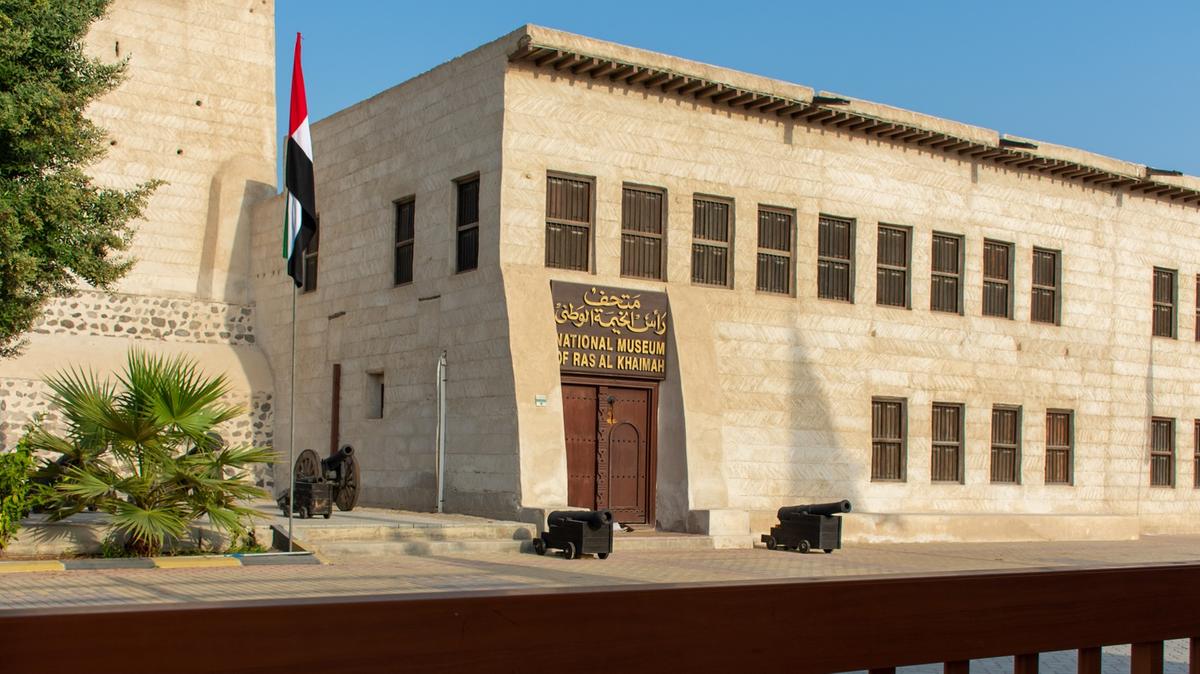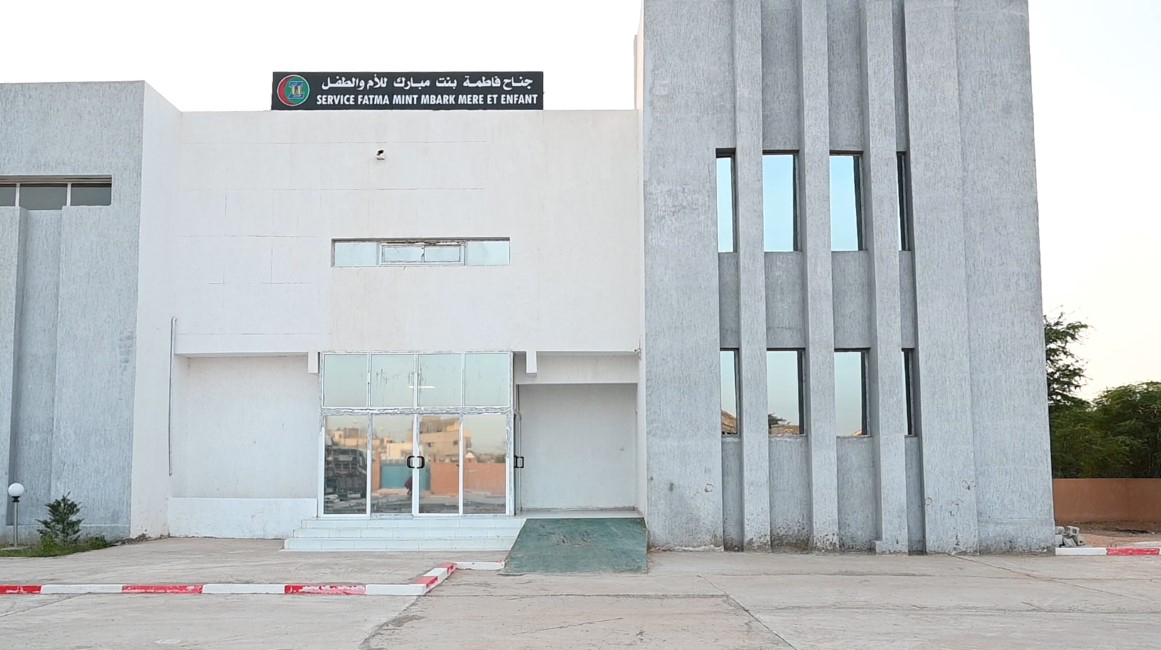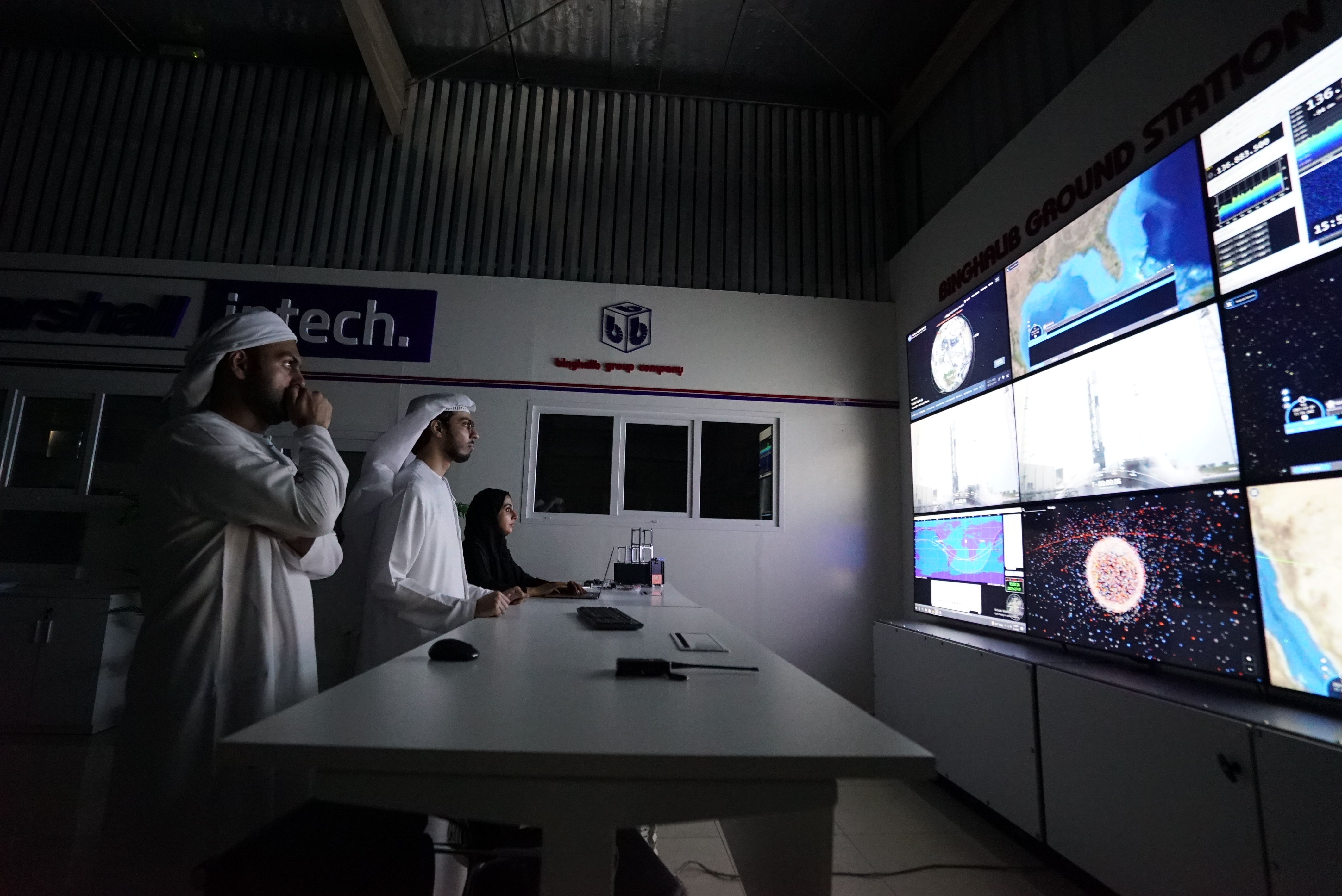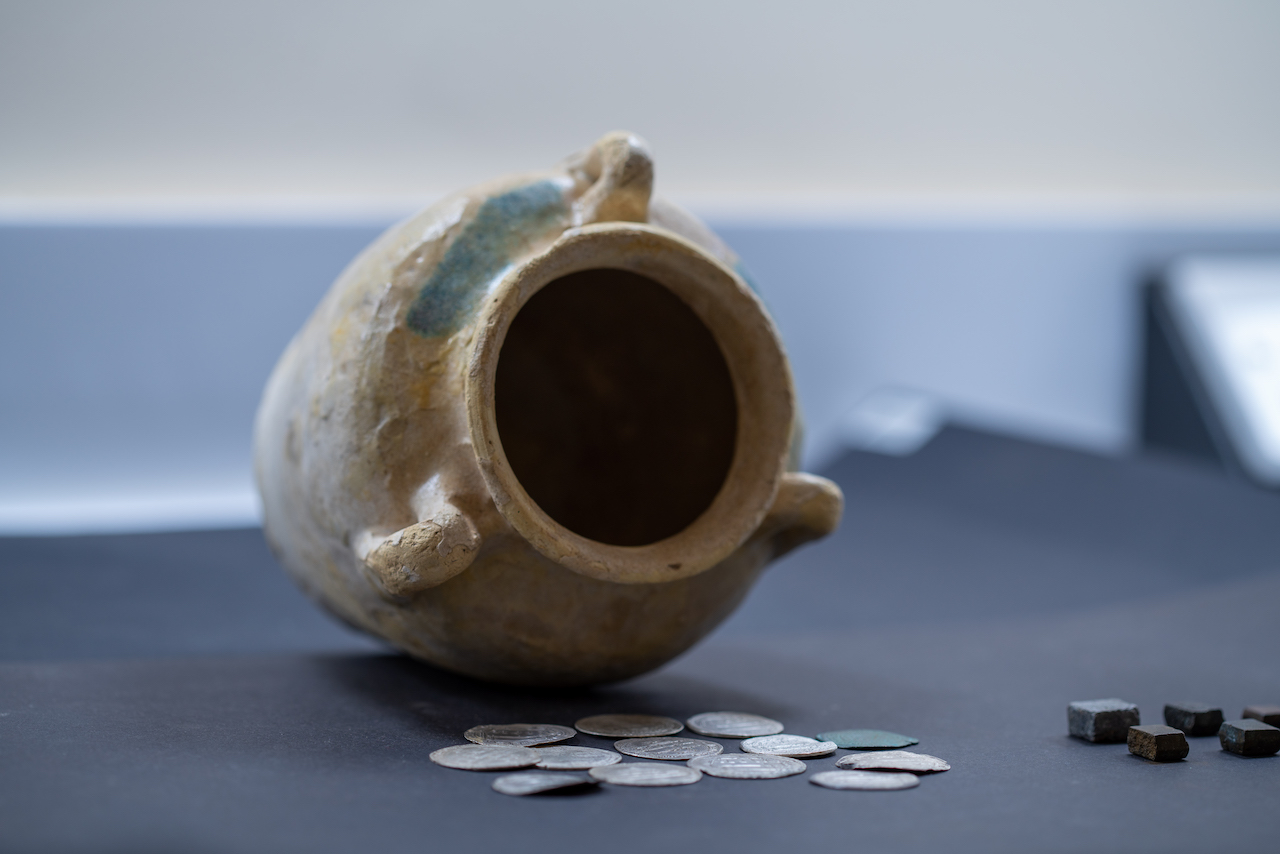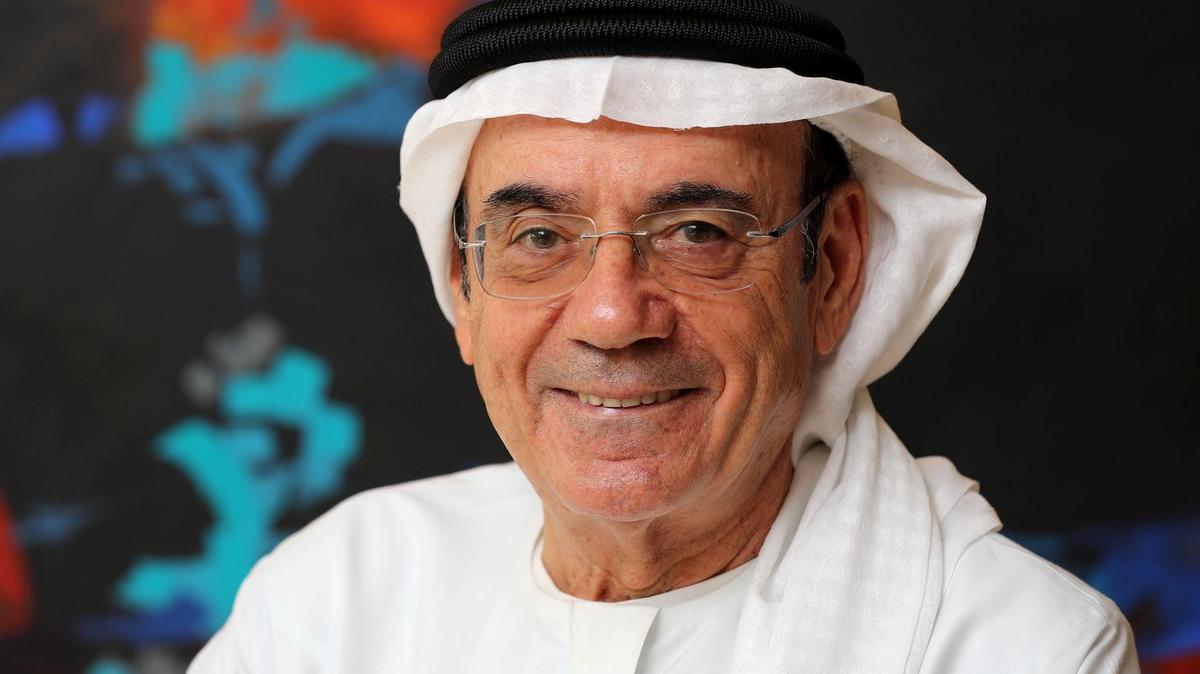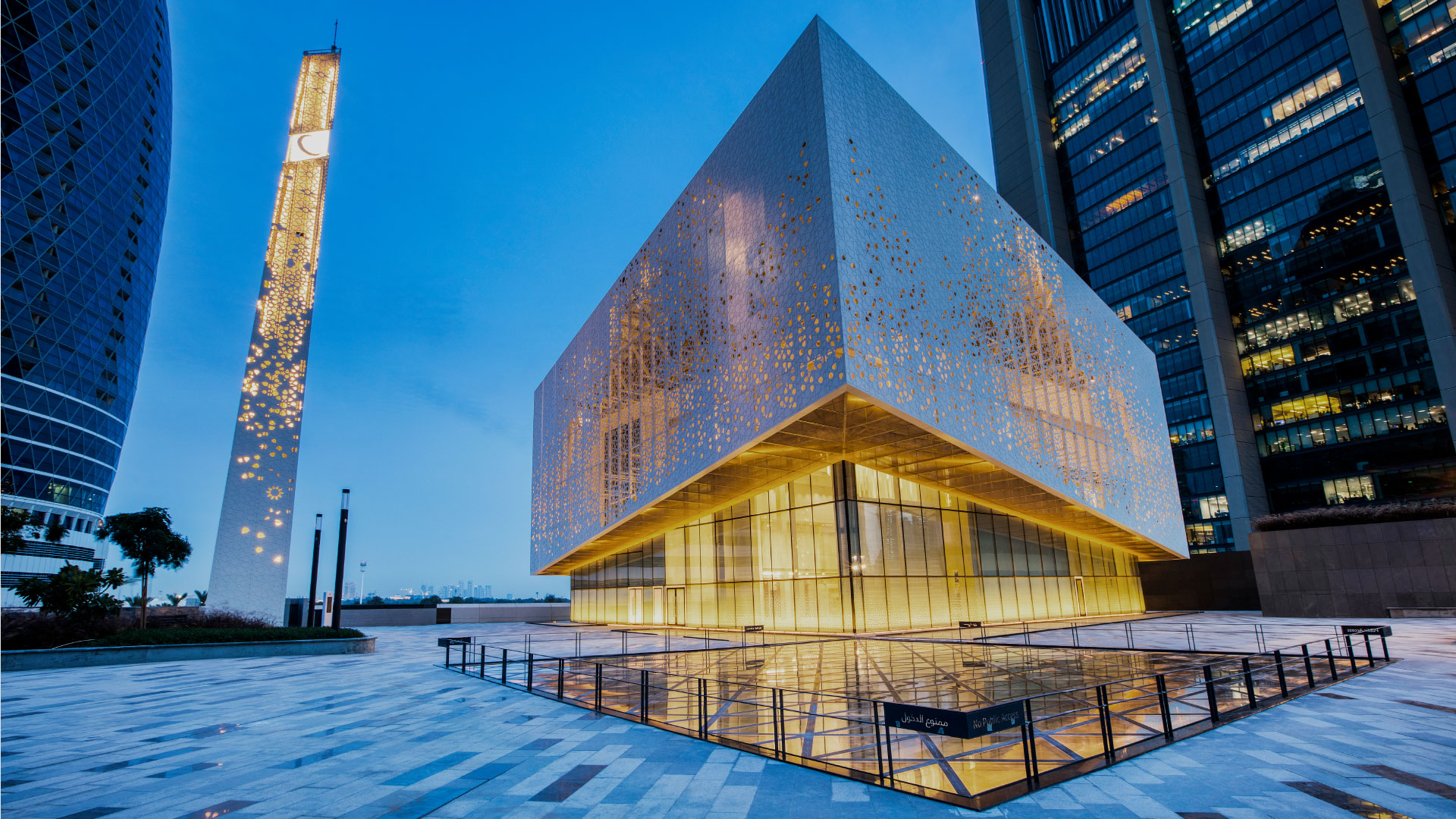An exhibition about the date palm and its importance in Khaleeji hospitality will be held at the museum.
The National Museum of Ras Al Khaimah will welcome back visitors for the first time in six months on Saturday.
All Covid-19 precautionary and hygiene measures are in place to keep employees and visitors safe, museum officials said on Thursday.

An exhibition about the date palm tree and its significance in the society and culture of Ras Al Khaimah will be held as part of the reopening plans.
The exhibition on “Tamra”, which means date palm in Arabic, will explain why the tree was included in the Unesco Intangible Cultural Heritage list for the Middle East in 2019.

“Through the Tamra exhibition, we aim to shine a light on the role of the date palm for the guests,” said Ahmed Alteneiji, general director of Antiquities and Museums Department.
The installations in the museum will tell visitors the importance of palm trees in Khaleeji hospitality.
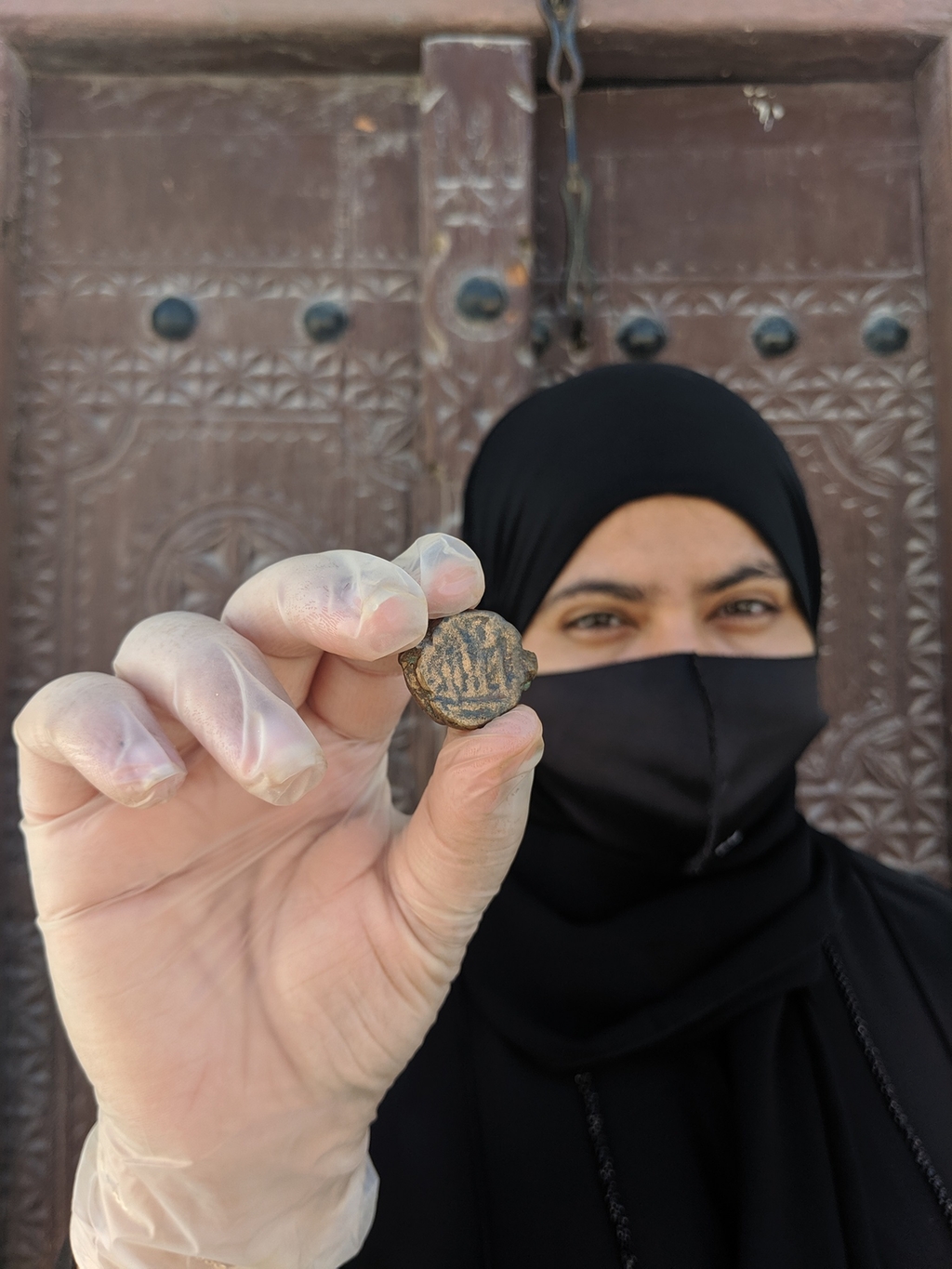
Some of the artefacts on display in the museum include the ‘Mardhouf Al Quwasim’, a coin that was minted in the 19th century.
It was found in the Falaya palace compound, where the peace treaty between the Trucial States and the British was signed 200 years ago.
Other fascinating artefacts on display are a 4,000-year-old date palm seed from the Shamal Bronze Age settlement site, a 12th century gold coin that was found recently, various date palm tree products and a contemporary art collection from Geraldine Chansard, a French artist who lives in Ras Al Khaimah.
Visitors will also be able to see the museum’s new discovery, a madbasa, which is an architectural element used to produce date syrup nearly 2,000 years ago.
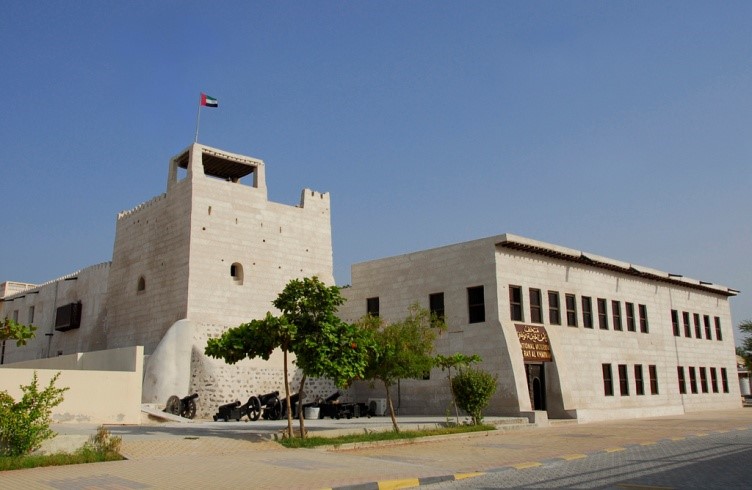
It was discovered by archaeologists last year during the restoration of the museum building.
The new find is believed to date back to the era before oil was discovered in the region in the early 20th century.
The emirates of Abu Dhabi, Ajman, Dubai, Ras Al Khaimah, Sharjah, and Umm Al Quwain were known as the Trucial States before becoming the UAE in 1971.
In September, four sites in Ras Al Khaimah with more than 5,000 years of history were added to Unesco’s tentative list of world heritage sites.
The sites are the pearling town of Jazirat Al Hamra, the lost metropolis of Julfar, the megalithic tombs of Shimal and the oasis of Dhayah.
